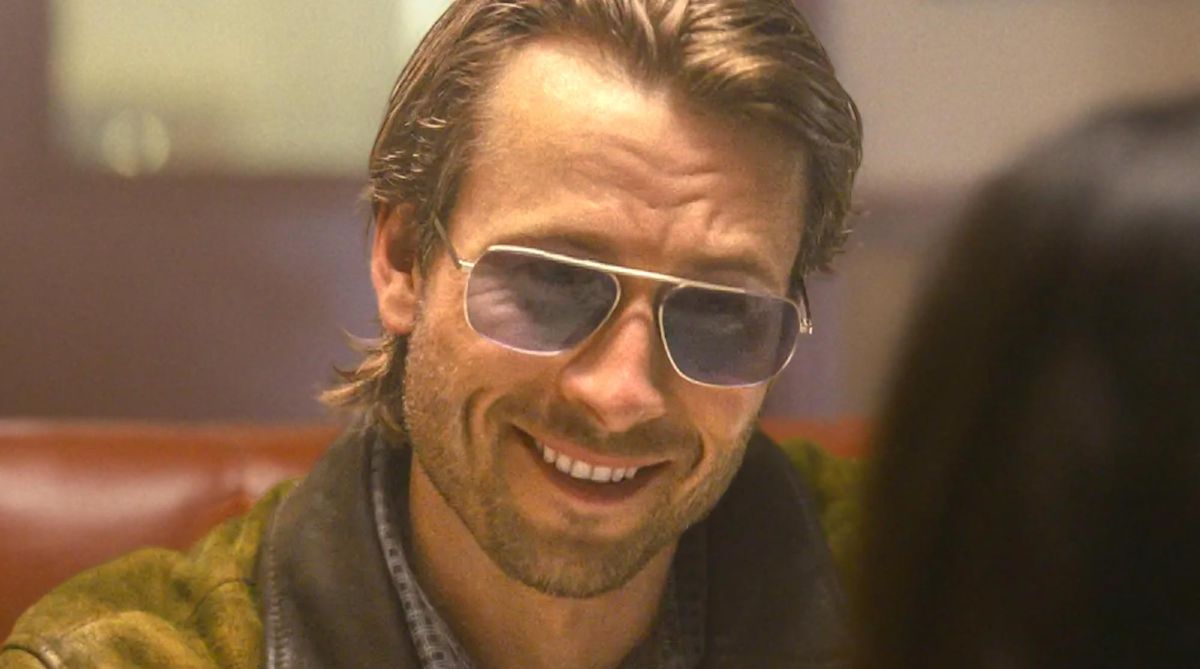As I drove past one of the Google offices near my home, I saw three people running on the sidewalk. A senior vice president at the technology company and two of his younger colleagues. The way the trio had a conversation while they jogged, reminded me of multiple such scenes I’ve seen play out just outside an office building over the years. This run, I thought, was the new cigarette break, the golf round that got the deal done, or that birthed the new project. This was the new coffee break between meetings.
In a way, networking while running, biking or even rucking together suits Silicon Valley’s hustle culture. Mostly totting athleisure wear, people in the tech industry value maximising their time and like being productive in anything they do – be it coding, networking, dating or fitness.
There’s an everyday efficiency, a focus on fitness in their everyday lives, which translates to working out while you date or rucking while you network. Two birds, one stone.
Rucking, the latest biohacking crazy on the streets, is something that came from the military, where it was doled out as a punishment. Through viral TikTok videos, it has now been adopted by ultrarunners in the Valley.
In rucking, runners fill a rucksack with weights and, well, run with it. It’s being touted by some as a great low-impact HIIT workout – and is definitely a networking opportunity. For example, YCombinator, a San Francisco-based startup accelerator, has a group of alumni who ruck and network once a week.
On Reddit, someone cheekily summed up the Bay Area fitness culture with this statement: “It’s common to talk about how low your pulse rate is and then use that to brag about how you biked windy hill in Portola Valley last weekend…and then eventually talk about your product and get more funding.”
This conversation is completely different from a weekend conversation in any other part of the world. In most cities, you’ll talk food, beer and maybe a new series you’re watching on the television, not brag about the numbers that your body’s been throwing at you.
The thought goes that ambitious, high-performing people will push themselves in everything in their lives be it fitness or biohacking. The understanding is that if a startup founder can push their body and mind, has the discipline to turn it into a machine and ruck, well, they have the skills to see a startup through.
Here overachieving in fitness is rewarded in your work. “It’s not so much as an obsession as a standard,” says another Reddit commentator in the same thread, who met his wife at Ironman Triathlon — a long-distance triathlon race that includes swimming, biking and running for a total of 226kms. “We look around at the people biking 100 miles and relate to them.”
They even have a term for this pushing the limits: Biohacking. Over the last couple of decades, as high-salaried techies have populated Silicon Valley, it’s gone through one biohacking fad after another, all trying to push your body to become more efficient and live longer. Right now, other than rucking, there’s dopamine fasting (where you starve your body of food, sex, alcohol, social media and technology for a day), ‘pegan’ diet (a mix of paleo diet and veganism where you have 75% plants with meat or fish as a side), and micro-dosing on drugs like LSD or magic mushrooms to make you more creative in your work. A couple of years ago, it was goat yoga — where you went to a farm and did yoga alongside a baby goat (who sometimes peed at you as goats might want to do).
Some people shrug this off and say new fitness fads are a culture that’s been part of California, particularly southern California for ages — thanks to its relatively milder weather the year around. San Diego and Los Angeles have some of the fittest people in the country. People in San Francisco have always been health conscious. It’s partly true. But in the last couple of decades, the technology industry and its CEOs have merged this quintessential Californian culture with their own brand of productive capitalism and applied it on their body through extreme fitness and in their lives through meditation apps which proliferate smartphones here.
When I see these scenes play out on the streets of the Valley, it reminds me of the character of Gavin Belson, the antagonist in the iconic Silicon Valley TV series. Inspired by real-life tech CEOs like Jeff Bezos, Belson is a hyper-competitive executive who runs triathlons and takes meditative sessions with his personal guru. He’s also ruthless and competitive, and rather successful at his job.
For a serial procrastinator like me, this over-efficiency in everything from work to fitness sounds tiring, but it quite suits the Valley’s ambitious desires, and frankly is way healthier. If the executive of your company is running marathons at the age of 50, you have to do some rucking to catch up with them and get them to trust you to perform in your role in the company. In a way, this competitive networking is a healthier alternative to the way other industries have networked – slouched around a beer or a cigarette.




.jpg)





